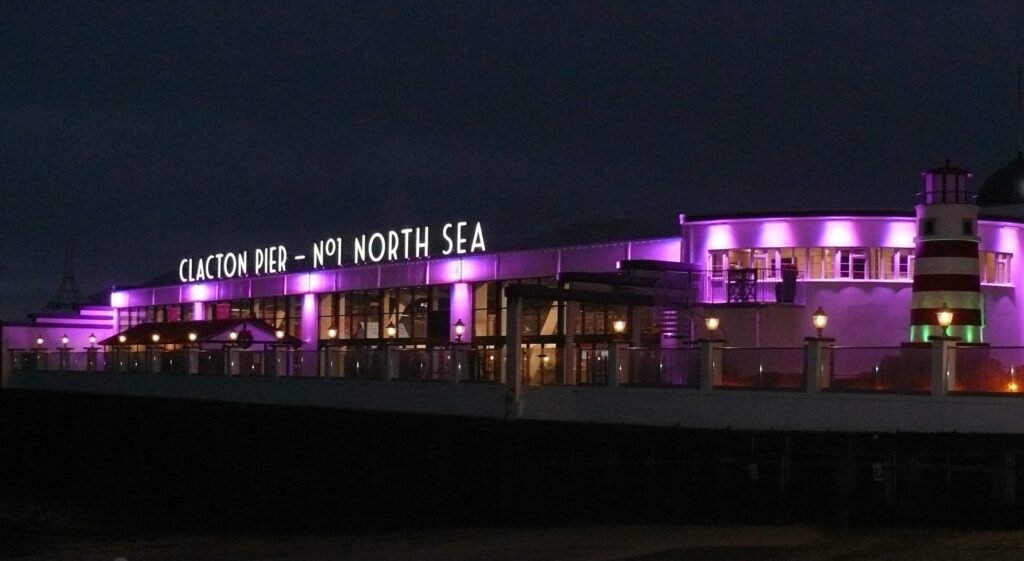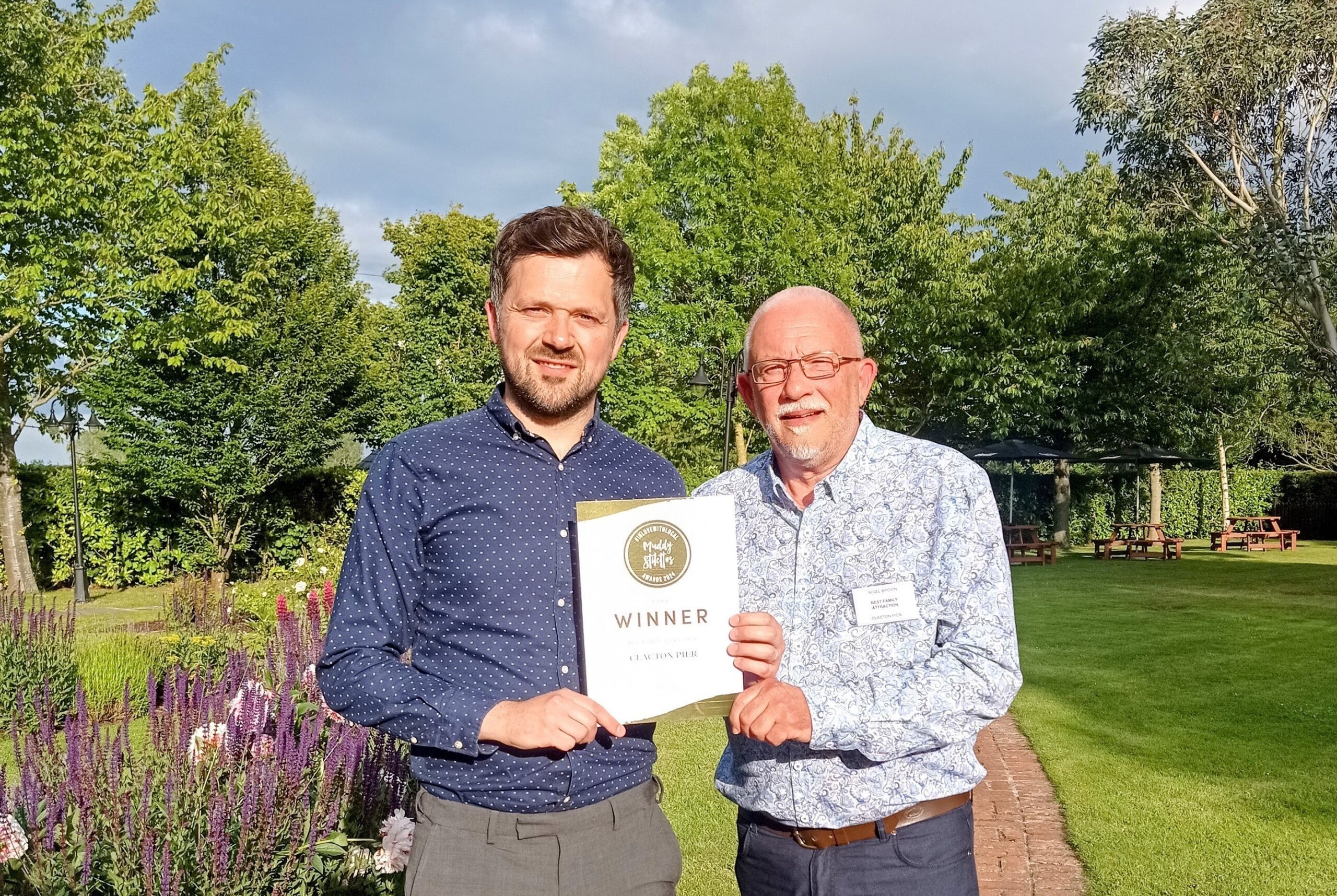
Clacton
Pier will be going purple to help children’s charity Action Medical Research
mark World Prematurity Day.
The
seaside attraction will light up its lilac illuminations from November 16 to November
17.
Nigel
Brown, the Pier’s Communications Manager, said: “We are proud to be able to
support charities with our lighting system whenever possible and this is such a
worthwhile cause and help raise awareness.”
Action
is the leading UK-wide charity funding vital research to help sick and disabled
babies, children and young people.
Last
year it launched its BORN TOO SOON campaign to help shine the spotlight on
premature birth.
The
aim is to raise £1 million by the end of 2020.
As
part of this, the charity is asking people to ‘Go Purple’ throughout November.
Head
of Individual Giving and Fundraising Development for Action Jo Mainwood says:
“Every year in the UK, around 60,000 babies are born prematurely. Sadly, over
1,000 babies die as a result of being born too soon. And globally, premature
birth is the biggest killer of children under 5.
“That’s
why we’re raising money this November to fund vital research that could save
lives.
“We
are absolutely delighted that Clacton Pier will literally be helping us shine a
light on such a serious issue and we thank everyone in the town for their kind
support.”
There
are many ways that you too could help support Action’s BORN TOO SOON campaign
by ‘going purple’.
From
purple bake-offs to purple dress-down days, there are lots of fun fundraising
ideas on the charity website (https://action.org.uk/born-too-soon/get-involved/go-purple).
Action
Medical Research is a UK-wide children’s charity which funds desperately needed
research to tackle the diseases that devastate the lives of so many of our
children. It has been funding medical breakthroughs since it began in 1952
including helping to introduce the first polio vaccines in the UK, developing
the use of ultrasound in pregnancy and testing the rubella vaccine.
Action
is currently funding research into areas including premature birth, epilepsy,
asthma, scarlet fever, cerebral palsy, brain cancer and some rare and
distressing conditions.
-END-



